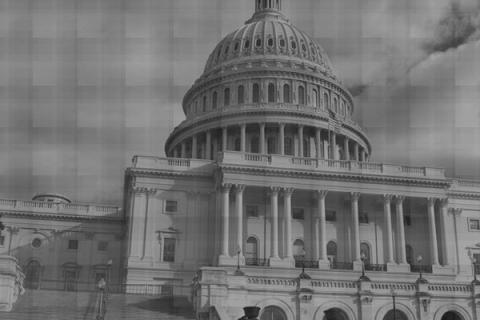
Who says Paul Ryan is a fiscal conservative? Well, Paul Ryan says he is. So does ABC News, NBC News, Rick Perry, Slate, United Press International, and others. It’s the conventional wisdom, in some circles, that Ryan is a fiscal conservative and that that is a good thing.
So what is a fiscal conservative?
A little pedantry takes us to a basic definition at allwords.com: Fiscal conservative -- “One who favors a balanced budget, preferring spending cuts or tax increases to borrowing.”
Others, like Wiktionary, expand the definition of fiscal conservative somewhat: “One who favors a balanced budget, preferring spending cuts or tax increases to borrowing, and wants to decrease government size, and promote a free market.”
In Wikipedia we find that “Fiscal conservatism is a fiscal policy that advocates avoiding deficit spending. Fiscal conservatives often consider reduction of overall government spending and national debt as well as ensuring a balanced budget of paramount importance.”
All well and good, but none of this “favoring” or “preferring” or “wanting” or even “advocating” is much of a policy, is it? Taken only this far, fiscal conservatism is still at the same level of politics as the Rolling Stones, “You Can’t Always Get What You Want.” No, you can’t.
And If I Don’t Get What I Want?
For fiscal conservatism to be more than longing and desire takes discipline, commitment, actual behavior consistent with true belief. Demands for a harder line like this are not hard to find, for example a Redstate diarist writes: “Fiscal conservatives need to understand that without social conservatism they are doomed to irrelevancy. We need unity and not division. The left does not segregate itself….”
Putting aside the idea of a “unified left” for some other occasion, the Romney-Ryan ticket is a bet that the Redstate view can win a national election.
But even a Ryan enthusiast, William Saletan, acknowledges some ambiguities in the new reality: “Ryan is a real fiscal conservative. He isn’t just another Tea-Party ideologue spouting dogma about less government and the magic of free enterprise. He has actually crunched the numbers and laid out long-term budget proposals. My liberal friends point out that Ryan’s plan leaves many details unclear. That’s true. But show me another Republican who has addressed the nation’s fiscal problems as candidly and precisely as Ryan has. He’s got the least detailed budget proposal out there, except for all the others.”
Characterizing this view as “the willful gullibility of the Beltway media,” Paul Krugman blogs, barking sharply at Saleton, noting among other things that Paul Ryan’s voting record is “as far right as Michelle Bachmann’s.”
For a “real fiscal conservative,” Paul Ryan does have a pretty surprising voting record, as IVN’s W E. Messamore and others have been busily pointing out for the past several days. Despite his fiscal conservatism, Paul Ryan voted in 2008 for the Troubled Assets Relief Program, or TARP – the bank bailout. As did then-Senator Barack Obama. But when Ryan did so, as Messamore notes, he told his fellow Congressmen: “… this bill offends my principles. But I’m going to vote for this bill in order to preserve my principles.”
There’s A War Logic Here
How is this fiscally conservative? How is this not the fiscal echo of Viet-Nam War logic that required us to destroy the village in order to save it?
How will Paul Ryan’s plan to save Medicare, not destroy it, by turning it into an inadequate Health Stamps Program?
Does it even matter if Paul Ryan is a fiscal conservative? That meme seems to be dying – the new meme brightly explored by Jon Stewart, Rachel Maddow, Daily Kos, and many more is: Paul Ryan is NOT a fiscal conservative. But just because the new meme is fact-based, does that mean is matters any more than the old meme?
Is Paul Ryan really a fiscal conservative?
